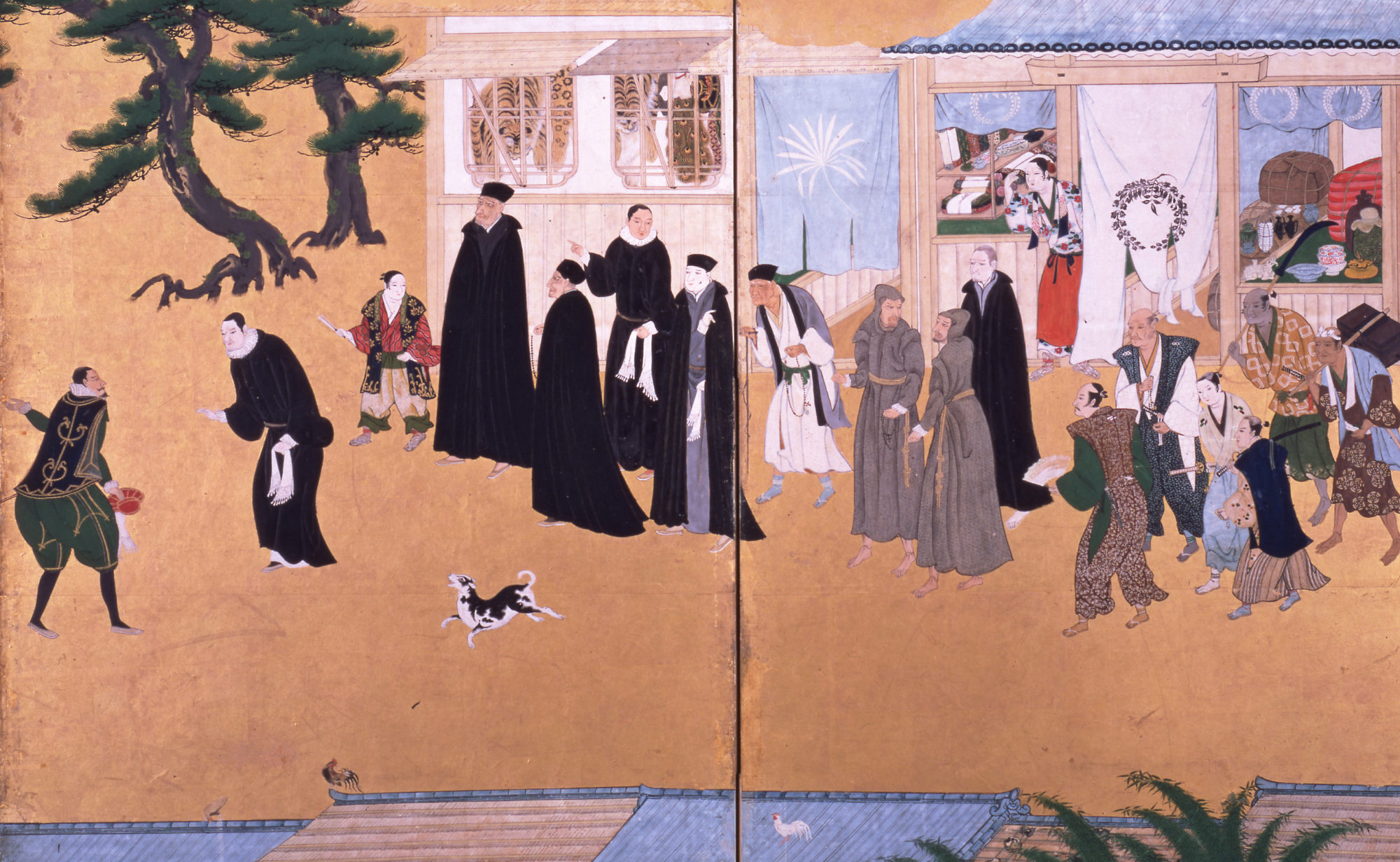The Second International Conference
Gakushuin Women’s College (Tokyo)
19–20 July 2014
Program
Saturday, 19 July 2014
13:00
Opening
13:30
Welcome and Introduction
Ken Nejime (Gakushuin Women’s College)
§ 1. Aristotelian Traditions in Philosophy, Science, and Medicine
14:00 Keynote
The Jesuits, the Historical Aristotle, and the New Sciences
Craig Martin (Oakland University, USA)
15:00
Mathematics, Aristotelianism and the Society of Jesus
Shin Higashi (Tokai University)
15:30
Coffee Break
16:00
Cardano, Fernel and Scaliger on the Soul
Kuni Sakamoto (Radboud University Nijmegen, Netherlands)
16:30
Aristotle in Renaissance Medical Debates
Hiro Hirai (Radboud University Nijmegen, Netherlands)
17:00
Reception
Sunday, 20 July 2014
9:30
Opening
§ 2. Aristotle and Learning in Japan’s Christian Century
10:00
Early Catholic Missionary Work in Japan and Japanese Missions to Rome
Kenji Igawa (Seijo University)
10:30
Humanism, Platonism and Aristotelianism in Japan’s Christian Century
Ken Nejime (Gakushuin Women’s College)
11:00
Coffee Break
11:30
Not True but Good: Jesuit Proselytization in Early Modern Japan
Yoshimi Orii (Keio University)
12:00
Lunch Break
§ 3. Pedro Gomez and Cosmology
14:00
Western Cosmography from Roger Bacon to Gomez and Ricci
Angelo Cattaneo (Universidade Nova de Lisboa, Portugal)
14:30
Cosmology and Jesuit Translations during Japan’s Christian Century
José Miguel Pinto Dos Santos (Universidade Nova de Lisboa, Portugal)
15:00
Coffee Break
15:30
Gomez’s De sphaera and Jesuit Cosmology in Japan
Ryuji Hiraoka (Prefectural University of Kumamoto)
16:00
A Classicist Looks at the Latin Manuscript of Gomez’s De sphaera
Aki Watanabe (Otsuma Women’s University)
17:15
Final Discussion

